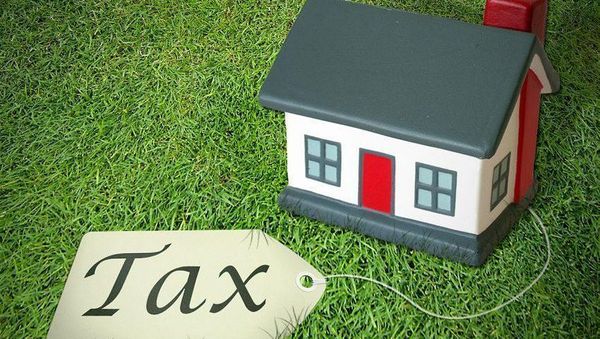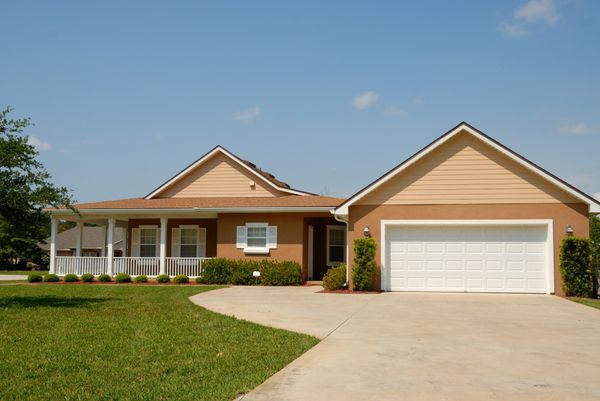Owning a home is a significant milestone in many people's lives. However, one ongoing cost associated with homeownership is property tax. If you're looking to maximize your savings, knowing which states have no property taxes or have low property tax rates can be beneficial. But do states with zero property taxes even exist? Let's dive into this topic.
The Myth and Reality
First and foremost, it's important to clarify a common misconception: there is no state in the U.S. that has absolutely no property taxes. Property taxes are primarily a local concern, usually levied by counties, municipalities, and school districts. They play a pivotal role in funding local government activities, schools, emergency services, and infrastructure.
However, some states offer notably low property tax rates or generous exemptions which can substantially reduce the amount homeowners might pay.
States with Low Property Taxes
1. Hawaii
While it might come as a surprise, given Hawaii's reputation for a high cost of living, the state boasts the lowest effective property tax rate in the nation. However, keep in mind that property values in Hawaii are considerably high, so even a low rate can mean a sizable bill.
2. Alabama
Alabama consistently ranks among the states with the lowest property taxes. Not only are property values relatively low, but the state also has a modest tax rate.
3. Louisiana
Benefiting from a combination of low property values and a series of generous homestead exemptions, Louisiana homeowners often enjoy reduced property tax bills.
Special Considerations: Alaska
While not necessarily the lowest, Alaska deserves a mention due to its unique system. Although it doesn’t escape property tax entirely, many homeowners receive an annual "Permanent Fund Dividend" which can be used to offset such costs.
Strategies to Minimize Property Taxes
It's not just about finding a state with low rates. Homeowners can employ various strategies to reduce their property tax liability:
Homestead Exemptions
Many states provide homestead exemptions that reduce the taxable value of a person's primary residence. Research whether your state offers this, and make sure to apply.
Regularly Review and Appeal Assessments
Property tax is based on assessed property value. If your home is over-assessed, it could inflate your bill. Homeowners have the right to appeal this assessment.
Seek Specific Exemptions
Some states offer exemptions for veterans, seniors, or those with disabilities. Investigate if you qualify for any of these.
Additional Insights
Tax Caps and Limits
Beyond just the rate and exemptions, some states have introduced caps or limits on how much property taxes can increase year-over-year. For instance, California's Proposition 13 caps annual property tax increases at 2% for homes that have not changed ownership. This can provide long-term homeowners with predictability and relief from surging local real estate markets.
The Balance of Income Tax and Property Tax
When considering property taxes, one shouldn't view them in isolation. Some states might offer low property tax rates but compensate with higher income or sales taxes. For instance, while Texas doesn't have a state income tax, it does have relatively high property taxes.
Economic Implications
It's essential to understand the broader economic context. States with lower property taxes might also have less funding for public services, which could affect the quality of local schools, emergency services, and infrastructure. Conversely, states with higher property taxes might provide more robust public services. Consider your priorities: Are you willing to accept fewer public services in exchange for lower taxes, or is a more comprehensive public infrastructure worth a higher rate to you?
Looking Beyond the Mainland
If you're genuinely adventurous, consider looking beyond the continental U.S. Puerto Rico, a U.S. territory, offers attractive tax incentives to certain new residents, including potential breaks on property taxes. Similarly, the U.S. Virgin Islands may present unique tax opportunities for those looking to relocate.
Conclusion
Understanding where and how much you'll pay property taxes can greatly influence decisions. The distinction between states with the lowest property tax rates and those with the highest property tax rates can significantly affect the yearly outlay for homeowners. It's crucial to remember that a low property tax rate doesn't always translate to the minimum property tax bill, especially when home prices are high. Additionally, an attractive low state property tax might be offset by a higher sales tax or other levies.
The assessed value of a home plays a pivotal role in determining your tax bill, making regular property evaluations essential to ensure you're not overpaying. Property tax exemptions can offer relief to many homeowners, effectively reducing their bills and bringing states with one of the lowest effective rates closer in comparison to those with the highest. But it's essential to view this in context: some states with the highest property taxes might offer more extensive public services, funded by these levies.
Striking the right balance between home price, the assessed value, and the local tax rate is key to optimizing your expenses per year. By staying informed about state property tax nuances and seeking available exemptions, homeowners can strategically navigate the landscape of property taxation. Whether you're in a state boasting the lowest property tax rate or grappling with one of the highest, informed choices can ease the annual financial burden.






